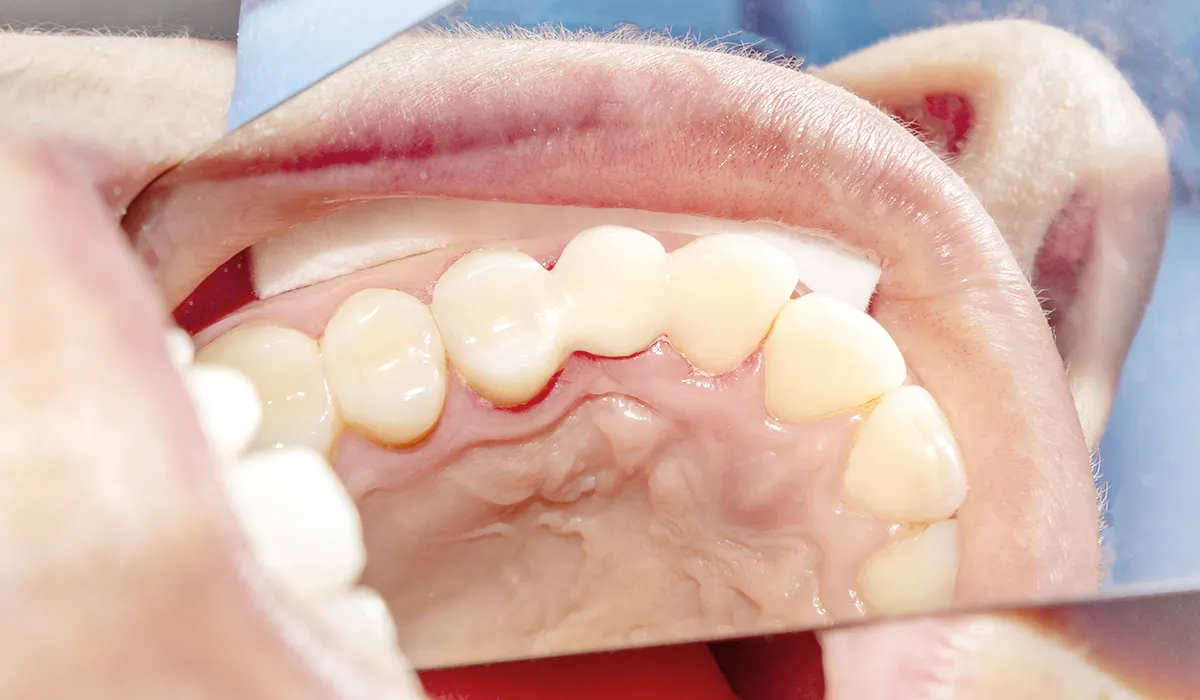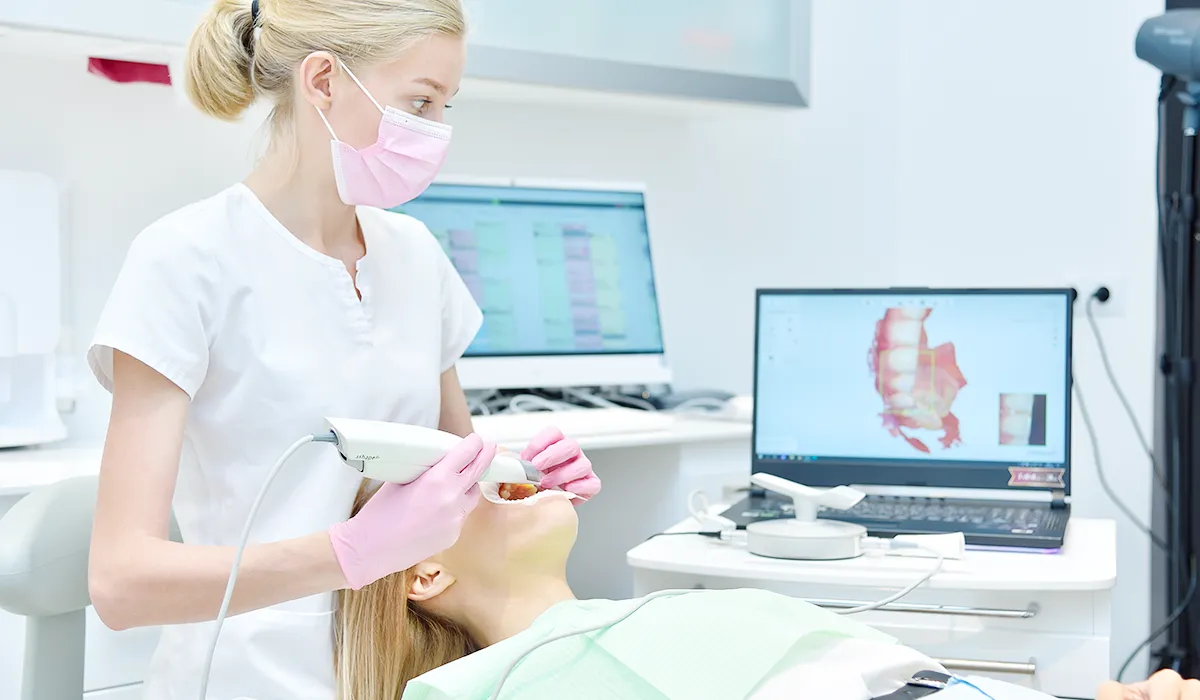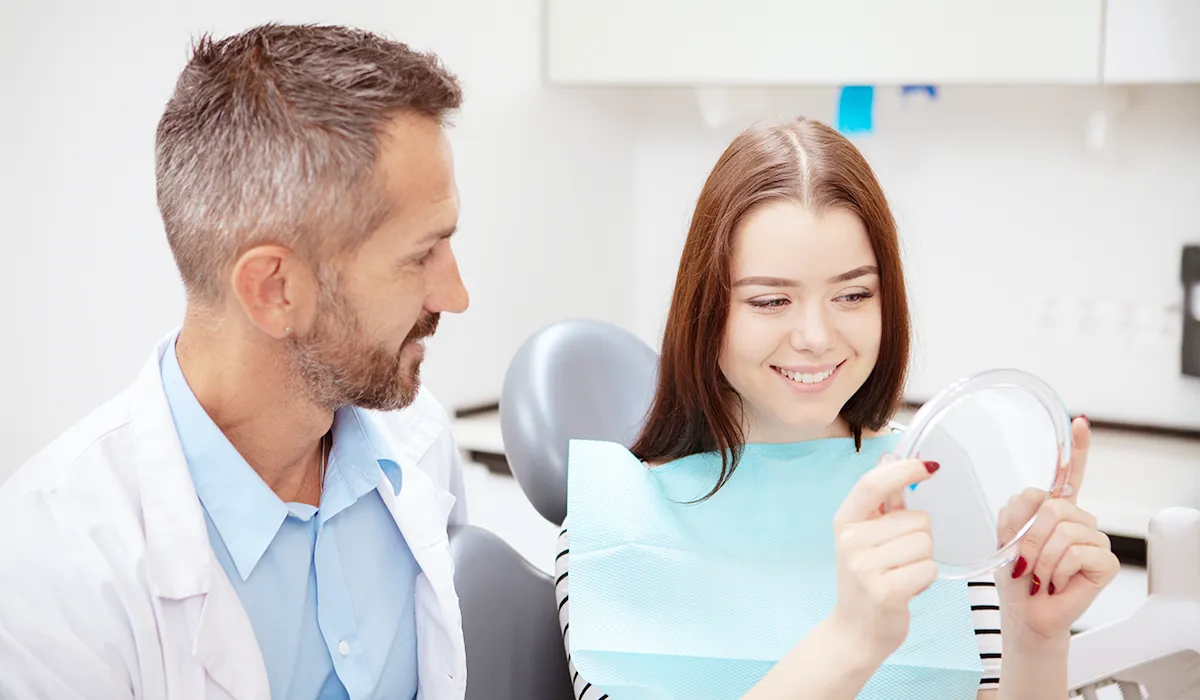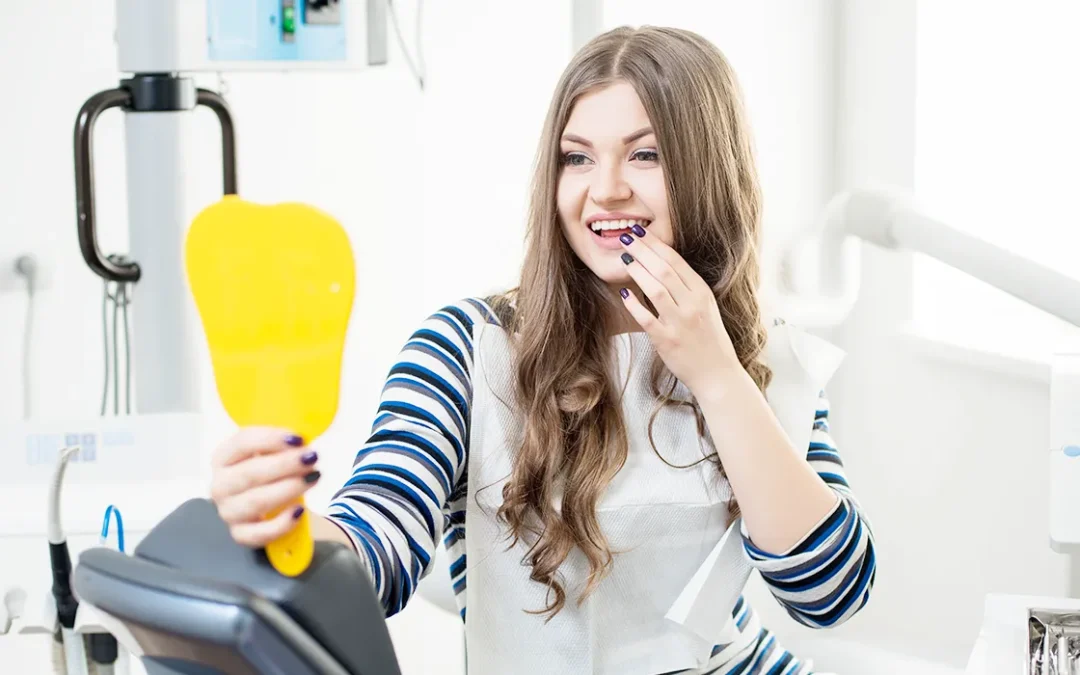When it comes to dental care, more isn’t always better—especially when “more” involves excessive drilling, reshaping, or replacing teeth that could have been saved. While dramatic “Hollywood” smile makeovers might get the spotlight, there’s a quieter, more thoughtful approach that offers lasting value: conservative dentistry.
Instead of jumping to invasive procedures, conservative dentistry focuses on preserving what matters most—your natural teeth. It’s a philosophy rooted in prevention, precision, and long-term oral health.
If you’re wondering whether it’s worth choosing a gentler, more mindful approach, the answer is often a resounding yes. Conservative dentistry isn’t just better for your teeth—it can also spare you unnecessary costs, discomfort, and complex treatments down the track. Let’s explore why this patient-first approach is becoming the smarter, healthier choice for your smile.
What is conservative dentistry?

Conservative dentistry, also known as minimally invasive dentistry, is an approach that prioritises the preservation of your natural teeth. Rather than resorting to aggressive treatments, it focuses on detecting dental issues early and managing them using techniques that involve the least amount of tooth alteration or removal.
The goal is simple: keep as much of your healthy tooth structure intact as possible. This is achieved through modern diagnostic tools, advanced materials, and precise procedures that address problems without compromising the tooth’s integrity.
In contrast to traditional methods that may rely on extensive drilling, reshaping, or even extraction, conservative dentistry takes a more thoughtful route. Instead of immediately replacing natural teeth with artificial alternatives, it asks: “How can we preserve, strengthen, and support what you already have?”
By doing so, it not only helps maintain the natural function and aesthetics of your teeth but also contributes to better long-term oral health.
Why preserving natural teeth is a must
Your natural teeth are remarkable—engineered by nature to perform with efficiency, sensitivity, and strength. While modern dentistry offers excellent restorative options, no artificial solution can fully replicate the function, feel, and biological advantage of your natural teeth.
Here’s why keeping them matters:

Functionality: Natural teeth are securely anchored in your jawbone, allowing you to bite, chew, and speak with precision and ease—functions that can feel less natural with artificial replacements.
Jawbone health: Losing a tooth doesn’t just leave a gap—it can also lead to bone loss in the jaw. Keeping your natural teeth helps maintain bone density and facial structure over time.
Nerve and sensory feedback: Only natural teeth have nerves that provide feedback when you chew or sense pressure. This helps protect against excessive biting force and contributes to overall oral awareness.
Long-term cost-effectiveness: While dental implants and bridges are excellent options when needed, they often involve significant costs and ongoing care. Preserving natural teeth can reduce the need for complex, costly treatments later on.
Biological compatibility: Your own teeth are naturally compatible with your body. They’re not just structurally ideal—they’re biologically designed to function in harmony with your oral tissues.
In short, the longer you keep your natural teeth, the better your oral health, appearance, comfort, and finances will be in the long run. Whenever possible, preservation should always be the first priority.
How optimal dentistry became conservative
Not long ago, treating dental issues often meant resorting to large fillings, crowns that required extensive reshaping of healthy tooth structure, or even extractions as routine solutions. These approaches, while effective at the time, were often more invasive than necessary.
Today, the landscape of dentistry has changed dramatically. Advancements in technology, materials, and philosophy have shifted the focus toward prevention, precision, and tooth preservation. Modern dentistry embraces a more conservative mindset—one that values your natural teeth and seeks to protect them through minimally invasive techniques.
Key innovations driving modern conservative dentistry:
High-resolution digital X-rays and intraoral scanners allow dentists to detect issues earlier and with greater accuracy, leading to more conservative and targeted treatment plans.

Today’s advanced adhesives and composite resins bond securely to enamel and dentin, enabling durable restorations with minimal tooth removal.
These minimally invasive tools gently remove decay without the need for traditional drilling, helping preserve more healthy tooth structure and improving patient comfort.
New materials can actually support the tooth’s natural repair processes—remineralising early decay and promoting tissue healing, rather than just filling in damage.
With digital smile design software, dentists can plan restorations with remarkable precision. This allows for custom treatments that are not only conservative but also highly aesthetic and functional.
Benefits of conservative dentistry
Conservative dentistry isn’t about doing less; it’s about doing what’s smarter, more precise, and better for your long-term oral health. Here are the key advantages of this modern, minimally invasive approach:
- Maximum tooth preservation: Treatments are designed to conserve as much healthy enamel and dentin as possible. By maintaining your tooth’s natural structure, you retain its strength, function, and resilience for the future.
- Lower risk of complications: Minimally invasive techniques reduce the likelihood of sensitivity, inflammation, or infections that can occur with more aggressive procedures.
- Long-term cost efficiency: By addressing issues early and preserving natural teeth, you’re less likely to need extensive (and expensive) restorative work such as crowns, implants, or root canals down the track.
- Greater comfort and faster recovery: Conservative treatments are typically gentler, often requiring less anaesthetic and resulting in shorter healing times, reduced discomfort, and a more pleasant experience overall.
- Naturally beautiful results: Advanced materials like tooth-coloured fillings, composite resins, and no-prep veneers are designed to blend seamlessly with your natural smile. These enhancements don’t compromise your tooth structure. After all, the more natural tooth you keep, the more naturally stunning your smile appears, because nothing truly mimics real enamel better than your own teeth.
- Better oral health outcomes: Preserving your natural teeth helps maintain proper alignment, bite function, and jawbone health, all essential for long-term dental wellness.
Conservative treatments
Here are some of the most common procedures under the umbrella of conservative dentistry:

Preventive care: Regular check-ups, professional cleanings, fluoride applications, and fissure sealants are key to catching issues early and preventing the need for more invasive procedures.
Tooth-coloured fillings: These restorations use composite resin to treat cavities while preserving more of the natural enamel and blending seamlessly with your tooth’s appearance.
Inlays and onlays: Custom-made to fit your tooth, these are ideal for moderate damage, offering a strong and aesthetic alternative to full crowns without excessive reduction of healthy structure.
Air abrasion: A gentle, drill-free method for removing early decay or preparing small cavities, air abrasion helps preserve more of the healthy tooth surface.
Composite bonding: Perfect for minor chips, cracks, or gaps, bonding enhances the tooth’s appearance with minimal to no reshaping.
Minimal or no-prep veneers: These ultra-thin shells improve the smile’s aesthetics with little to no enamel removal, making them a more conservative option compared to traditional veneers.
Root canal therapy: When infection reaches the pulp, root canal treatment can save the tooth from extraction and allow it to continue functioning naturally for years.
Clear aligners: Orthodontic solutions like clear aligners gradually straighten teeth without the need for brackets, wires, or irreversible enamel shaping.
Prevent problems with proper care
One of the core strengths of conservative dentistry lies in its proactive nature. By focusing on prevention, this approach aims to stop problems before they start, or catch them early when they’re easiest and least costly to treat.
Routine check-ups, professional cleanings, and personalised oral hygiene routines are essential to maintaining strong, healthy teeth. The earlier potential issues are identified, the more options you’ll have to treat them conservatively, often without the need for invasive procedures.
In short, prevention isn’t just better than cure, it’s the foundation of lasting oral health.
Value your smile, the conservative way
Conservative dentistry is more than just a technique—it’s a philosophy grounded in respecting the natural structure of your smile. By choosing thoughtful, minimally invasive care, you avoid unnecessary procedures and keep your smile stronger for longer.
To ensure the long-term strength, beauty, and health of your teeth, commit to a strong foundation of daily care:

- Brush twice a day with fluoride toothpaste
- Floss daily to remove plaque between teeth
- Limit sugary foods and drinks
- Visit your dentist regularly for early detection and prevention
Your natural teeth are priceless. Protecting them is the smartest, healthiest, and most cost-effective choice. Next time you’re in the chair, ask about conservative options—because the best smile starts with the teeth you already have.






